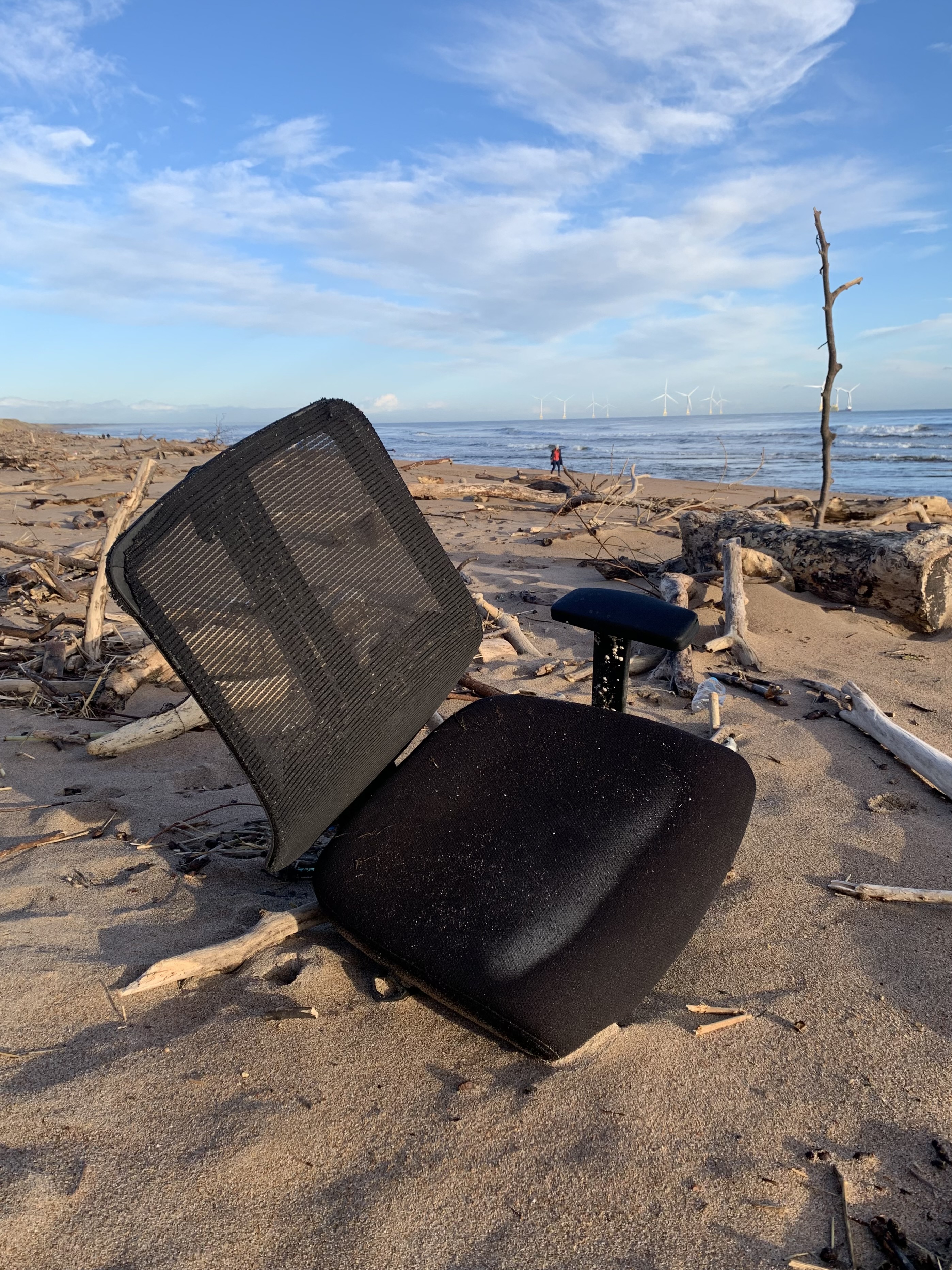This interdisciplinary research project aims to help understand more about the social and behavioural aspects of transition to a circular economy in Scotland. The aim is to help provide evidence for policymakers to bring about changes that can help us reduce consumption and waste, and ensure that resources are kept in use for as long as possible – through repairing, re-using, and re-manufacturing products, among other things.
 The project focuses on how to promote behaviours that align with a wider system change towards circularity in everyday life within households and organisations.
The project focuses on how to promote behaviours that align with a wider system change towards circularity in everyday life within households and organisations.
Our main areas of work are:
1. Understanding circular behaviours
We are building on research elsewhere about the different behaviours that people can do to be more ‘environmental’ to consider what behaviours (such as reusing, repairing, renting or leasing products rather than owning them) are necessary for a more ‘circular’ economy – and how to make it easier for people to change.
2. Everyday household behaviours
At the individual and household level, we are developing ‘indicators’ to help understand what it means to be ‘circular’ at home, and to investigate the uptake of what we’re calling ‘circular behaviours’ in households in Scotland. We are also investigating how different household contexts put circular behaviours into practice.
3. Everyday behaviours in organisations
At the organisational level, we are using interviews and other research methods to explore good practice and identify barriers and opportunities to embed circular behaviours in small businesses and organisations. The aim is to identify barriers to businesses and organisations becoming more ‘circular’, and also to work together with public, private and third sector to identify what needs to be done to break down some of the barriers identified.
4. Understanding how different ‘interventions’ can help us become more circular
Building on the findings from our research with households, businesses and organisations across Scotland, we aim to identify possible interventions that could be implemented to help improve circularity in everyday life. We will then evaluate some of those interventions against different criteria. Some of this research relating to actions taken in the construction industry, will be done in partnership with the Robert Gordon University.
